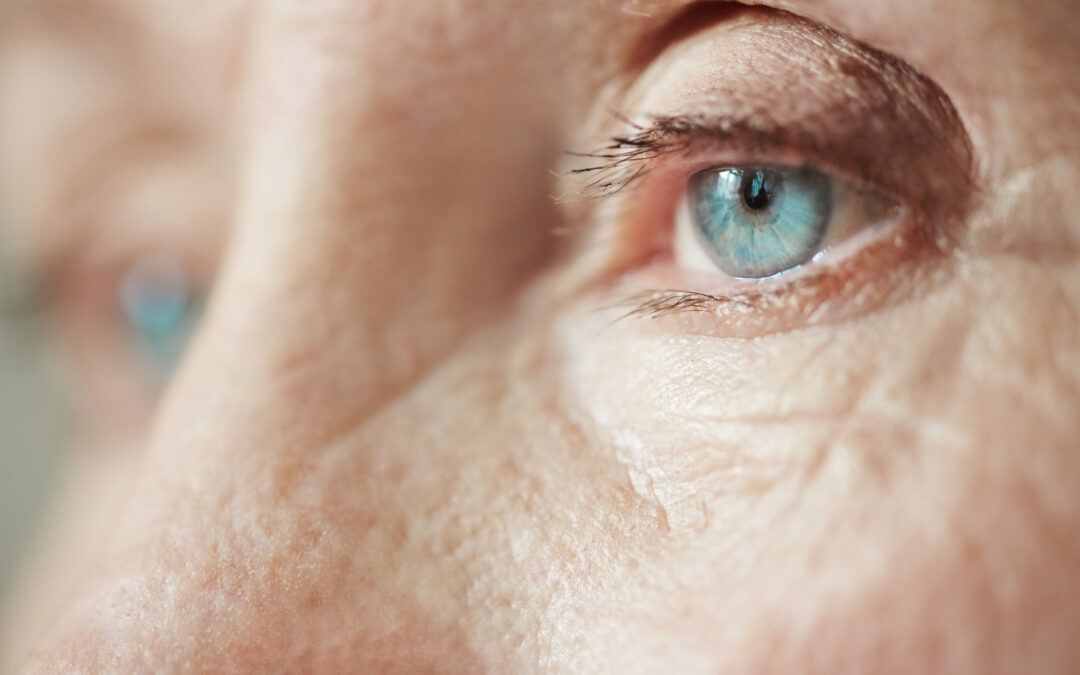Macular degeneration, often referred to as age-related macular degeneration (AMD), is a progressive eye condition that can significantly impact central vision, affecting millions of people worldwide. Below is an overview providing common symptoms of macular degeneration, shed light on conditions that share similar symptoms, discuss early intervention strategies, and delve into some available treatments.
Common Macular Degeneration Symptoms
Blurred or Distorted Vision: A common early sign is a gradual loss of clear central vision.
Dark or Empty Areas: Dark spots or gaps may appear in the center of your vision.
Difficulty Recognizing Faces: Facial features may become challenging to distinguish.
Straight Lines Appearing Curved: Metamorphopsia, where straight lines seem wavy or distorted, can occur.
Decreased Color Perception: Colors may appear less vibrant or vivid.
Conditions Sharing Symptoms with Macular Degeneration
Several eye conditions share similar symptoms with macular degeneration, making it crucial to seek professional guidance for an accurate diagnosis. Conditions include:
Diabetic Retinopathy: A complication of diabetes affecting blood vessels in the retina.
Retinal Detachment: The separation of the retina from its underlying tissues.
Cataracts: Clouding of the eye’s natural lens, leading to blurred vision.
Glaucoma: Increased pressure in the eye, damaging the optic nerve.
Early Intervention Strategies
Early detection and intervention are vital in managing macular degeneration and preserving vision.
Regular Eye Exams: Routine eye exams can detect macular degeneration in its early stages.
Maintain a Healthy Lifestyle: A diet rich in antioxidants, omega-3 fatty acids, and regular exercise can support eye health.
Eye Protection: Shield your eyes from harmful UV rays by wearing sunglasses with UV protection.
Quit Smoking: Smoking has been linked to an increased risk of macular degeneration; quitting can mitigate this risk.
Available Treatments for Macular Degeneration
While there is no cure for macular degeneration, several treatments aim to slow its progression and manage symptoms.
Anti-VEGF Injections: Medications like ranibizumab (Lucentis) and bevacizumab (Avastin) can slow the growth of abnormal blood vessels.
Photodynamic Therapy: A combination of light-activated medication and laser treatment to target abnormal blood vessels.
Laser Therapy: Used to seal leaking blood vessels in certain cases of wet AMD.
Low Vision Aids: Devices like magnifiers and telescopic lenses help individuals with significant vision loss.
Macular degeneration may cast shadows on one’s vision, but with early intervention and proper management, individuals can navigate through these challenges. Understanding the symptoms, being aware of conditions with similar presentations, and adopting a proactive approach to eye health are crucial steps in the journey to maintaining clear vision. With ongoing research and advancements in treatments, the path to clarity for those with macular degeneration continues to evolve, offering hope and improved outcomes. Remember, your eyes are windows to the world – let’s keep them open and vibrant.

